Love them or not, electric vehicles (EVs) are increasingly popular additions to many of our driveways often with the promise of being a cleaner, more efficient alternative to traditional internal combustion engines (ICE). That's enough to get some people excited, but if you're like us, it's actually the fact the EVs have neck-snapping torque without incredible engine build costs and maintenance that is the most appealing.
Rather than settling for a platform that was built to be nothing more than a comfortable family sedan, advancements in technology and increasing availability of components are making EV conversions into other chassis that were originally ICE powered more viable and attractive to enthusiasts and professionals alike.
Today we will quickly explore the future of EV conversions, drawing insights from a conversation with Sasha Annis, an expert in the field and HPA Tuned In podcast guest of episode "045: Can You Actually Tune An EV For MORE Power? [#PODCAST]."

The Appeal of EV Conversions
EV conversions offer several benefits over ICE vehicles, including:
- Performance: Instant torque, smooth power delivery, and advanced traction control capabilities.
- Maintenance: Fewer moving parts, which leads to lower maintenance requirements for the comparative power output.
- Emissions: Less red tape for performance medications when it comes to EPA and CARB rules in the USA and similar abroad.
Sasha Annis, an early adopter in EV performance and hybrid conversions, highlights the seamless integration of regenerative braking and the ease of torque development as key advantages of electric powertrains. This makes EVs not only more and more efficient, but also highly enjoyable to drive.
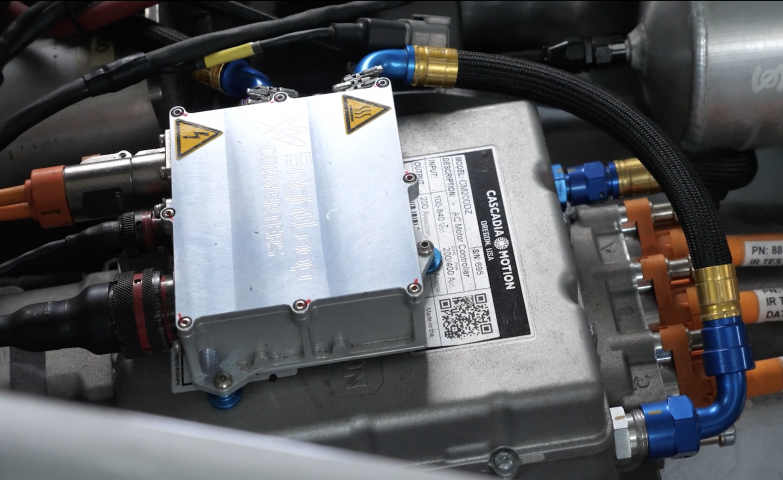
Key Components of EV Conversions
An EV conversion involves several critical components:
- Electric Motor and Inverter: The heart of the EV, converting electrical energy into mechanical power.
- Battery Pack: Stores energy and determines the range and performance capabilities.
- Battery Management System (BMS): Monitors and manages the health and performance of the battery.
- Vehicle Control Unit (VCU): Coordinates the operation of all EV components.
- Charging System: Enables the vehicle to recharge from external power sources.
As discussed in the podcast, experience with the Lotus Evora conversion using a Tesla drive unit and Chevrolet Volt batteries illustrates the complexity and potential of these projects. The choice of components depends on the desired balance between power density and energy density, influencing the vehicle's performance and range.
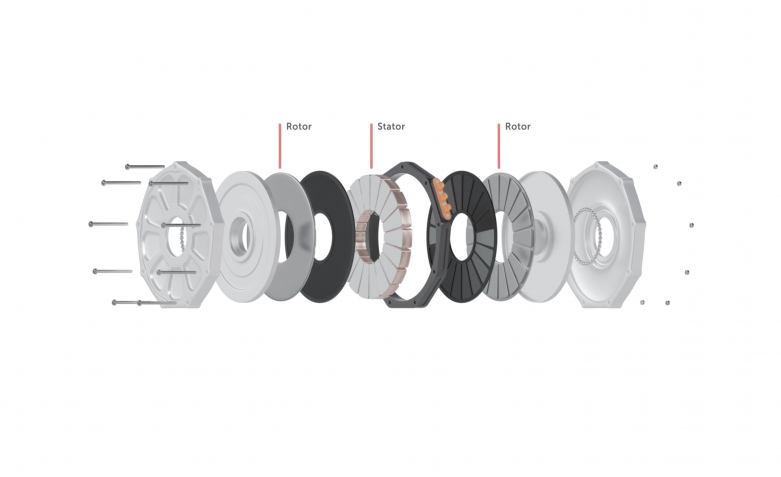
Challenges and Solutions
EV conversions are not without challenges. Integrating different components, ensuring proper cooling, and managing high-voltage systems require expertise and careful planning. Sasha emphasizes the importance of cooling systems, explaining that while EVs generate less heat than ICE vehicles, maintaining optimal temperatures for batteries and motors is crucial.
Safety is another critical concern. High-voltage systems pose a risk of electrocution, and battery fires, although rare, can be dangerous. Proper insulation, isolation monitoring, and safety protocols are essential to mitigate these risks.
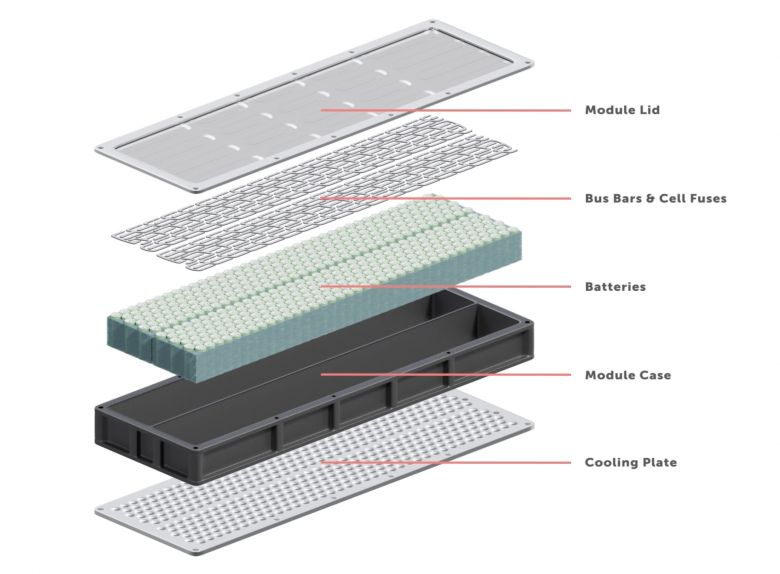
The Role of Technology and Innovation
Advancements in technology continue to drive the EV conversion market forward. Sasha mentions the rapid progress in battery technology, with newer cells offering higher power and energy densities. Additionally, the development of aftermarket solutions and open-source projects is making it easier for enthusiasts to undertake EV conversions.
For example, Sasha's hybrid Nissan 350Z project, which integrates an electric motor with a traditional ICE, showcases the potential for innovative solutions. The complex control strategies employed in this project highlight the possibilities for enhancing performance and efficiency through advanced electronics and software.
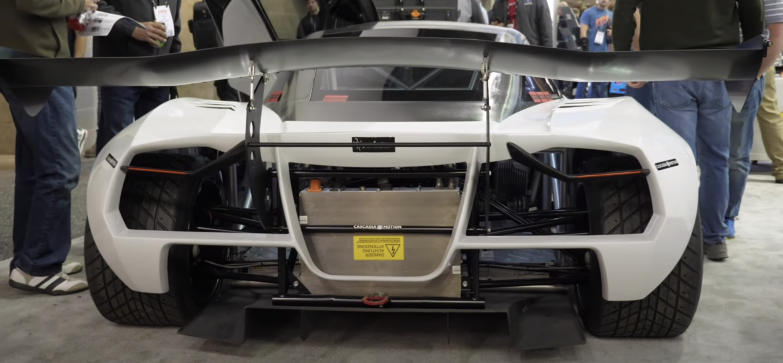
The Future Landscape
Looking ahead, the future of EV conversions appears promising. As technology evolves and becomes more accessible, we can probably expect several trends:
- Increased Availability of Components: More affordable and compatible parts for DIY enthusiasts and professionals.
- Improved Performance: Higher power outputs and longer ranges through advanced batteries and motors.
- Mainstream Adoption: Wider acceptance and support from regulatory bodies and motorsport organizations.
Sasha predicts that as EV technology continues to advance, we will see more competitive EV race cars and even fully electric road racing cars capable of competing with traditional ICE vehicles.
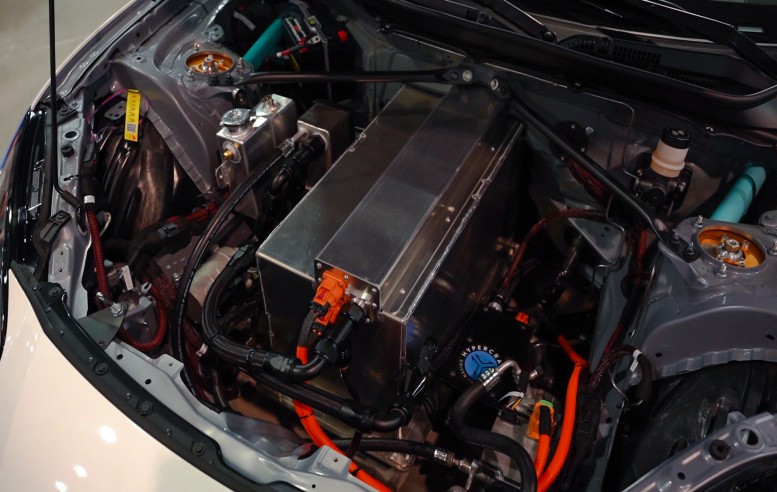
Conclusion
EV conversions represent a significant shift in the automotive landscape, offering an alternative to traditional ICE vehicles. While challenges remain, in particular around temperature control (just like ICE applications!), advancements in technology and the passion of enthusiasts like Sasha Annis are paving the way for a future where EV conversions become mainstream. Whether for performance or simply the thrill of innovation, the future of EV conversions is bright and full of potential.




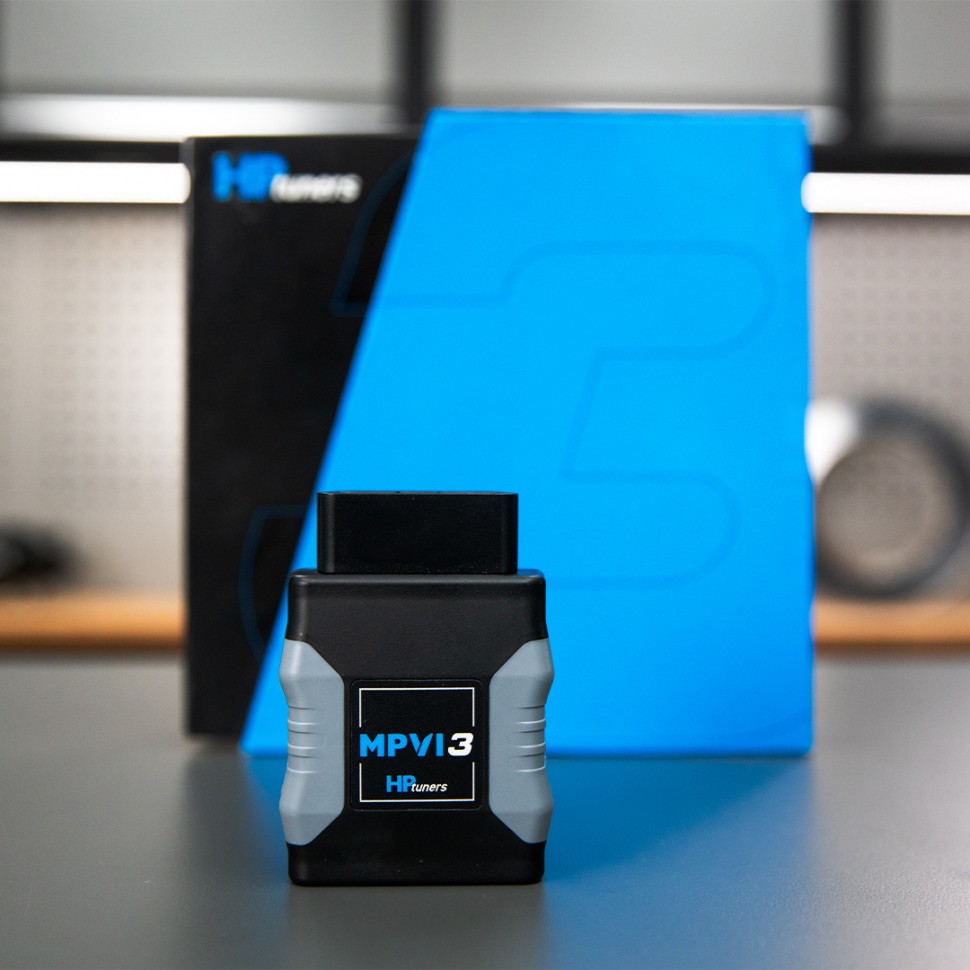


Comments
No one has commented on this page yet.